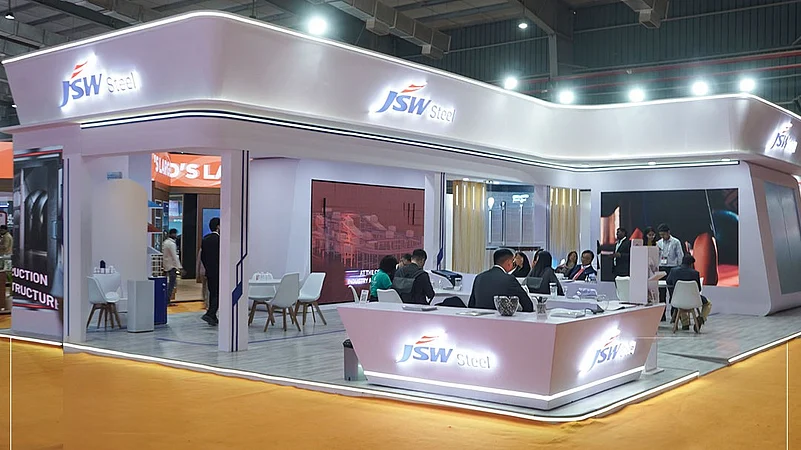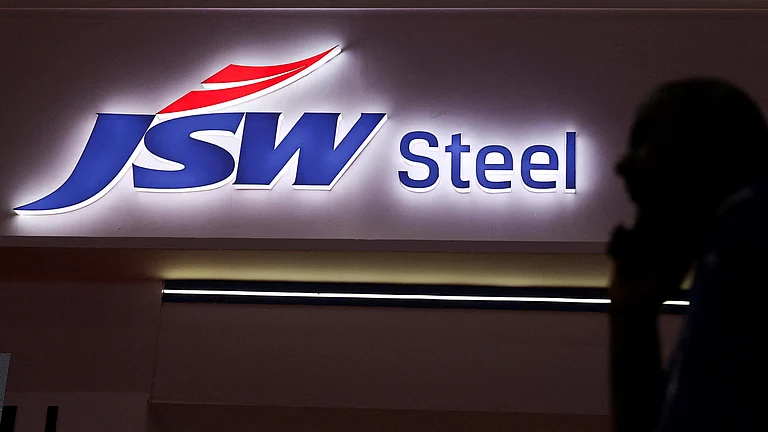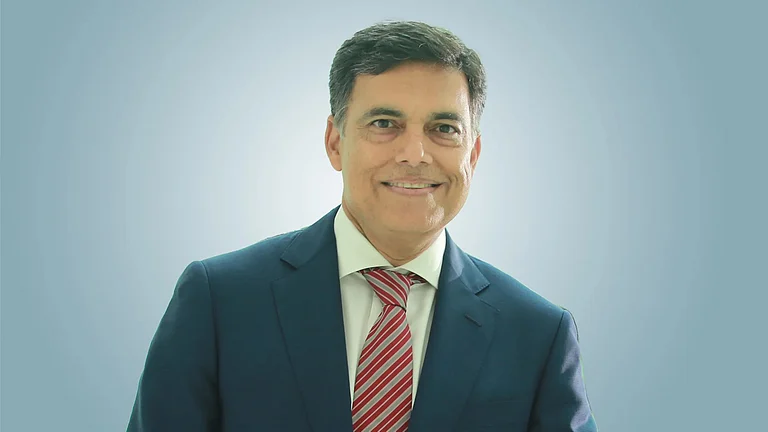JSW Steel has issued a notice to banks seeking a refund of its payments towards the resolution plan for Bhushan Power and Steel (BPSL), after the Supreme Court struck down its 2019 acquisition. The apex court, on May 2, ordered the committee of creditors (CoC) of BPSL to return Rs 19,300 crore to the Sajjan Jindal-led firm and directed the National Company Law Tribunal (NCLT) to liquidate the company.
According to a report by The Economic Times, JSW Steel sent the notice for a refund less than two weeks ago and also requested a 60-day delay in BPSL's liquidation as it considers legal options.
“The upfront payment amount shall be refunded by the CoC (committee of creditors) to the resolution applicant, JSW, within the time period provided for in the March 6, 2020, order… the ownership, control and possession of the corporate debtor will be handed back by JSW to the financial creditors,” the order stated.
The CoC had earlier told the Supreme Court that they would refund the money within two months if JSW’s resolution plan was rejected.
As per the order, the NCLT will handle BPSL's liquidation, but creditors can appoint and monitor the liquidator. In its May 2 ruling, the Supreme Court referred to previous cases outlining the steps to be taken when a resolution plan is rejected.
At the time of insolvency, BPSL owed over Rs 45,000 crore. JSW Steel’s Rs 19,300-crore plan was the highest bid and was approved despite ongoing legal challenges, including one by former promoter Sanjay Singhal.
The NCLT cleared JSW’s plan on September 5, 2019, and it was upheld by the NCLAT in February 2020. However, the implementation date was delayed until 2021.
What Happens if BPSL’s Liquidation Goes Through?
While a review of the court’s verdict is likely, if the court denies the request, it could still benefit JSW Steel financially, according to Fitch Ratings.
The ratings agency says JSW’s EBITDA net leverage may improve by 0.4x to 2.8x in the financial year ending March 2026 (FY26), as a refund of the Rs 19,300 crore ($2.3 billion) upfront payment made to the CoC for BPSL will more than offset the loss of BPSL’s 11% EBITDA contribution in FY26, if the order is implemented.
BPSL’s Rs 6,500 crore debt accounted for 6% of JSW’s total debt in FY24, which JSW may need to clear—along with receiving the refund—before handing the company back to the CoC.
JSW’s cash inflow could be higher if it also receives a refund of the Rs 350 crore it paid to operational creditors and/or compensation for investments made in BPSL since the acquisition. These investments boosted BPSL’s net worth by Rs 5,200 crore from FY21 to FY24, according to the Fitch report dated May 20.
JSW’s crude steel capacity of 30 million tonnes per annum (mtpa), even without BPSL, remains the highest in India’s steel market. However, the loss of BPSL may put pressure on JSW’s FY31 target of reaching 50 mtpa domestic capacity, the agency added.
































